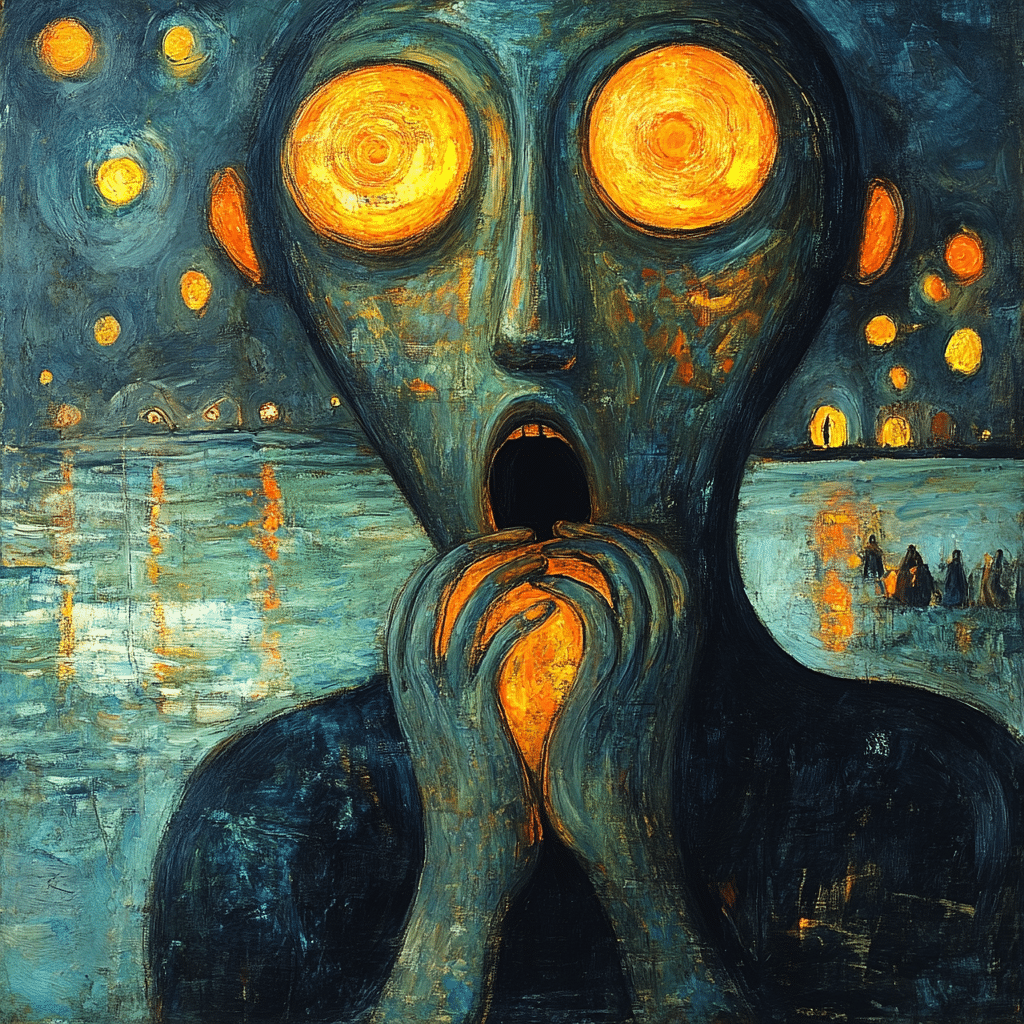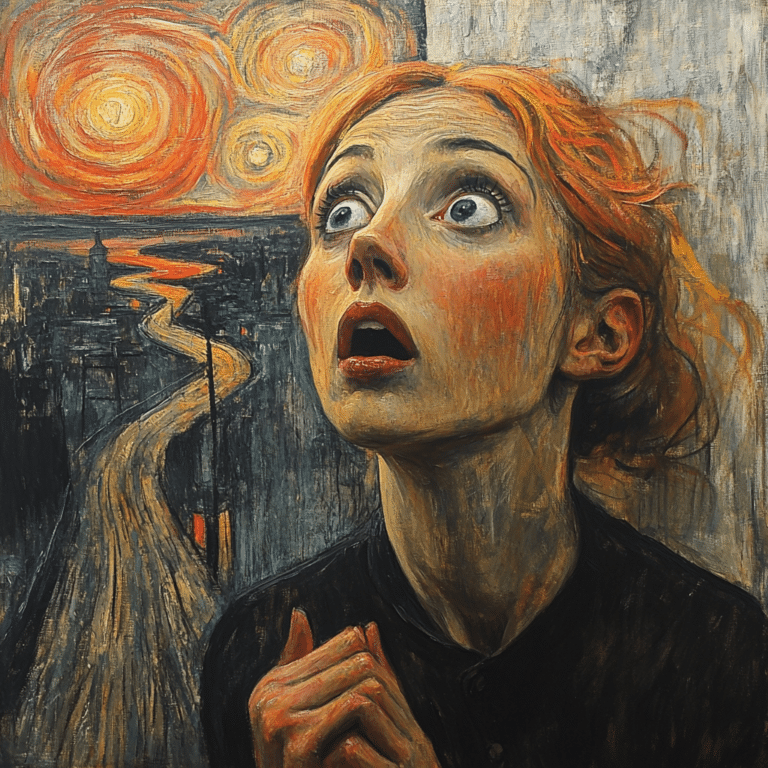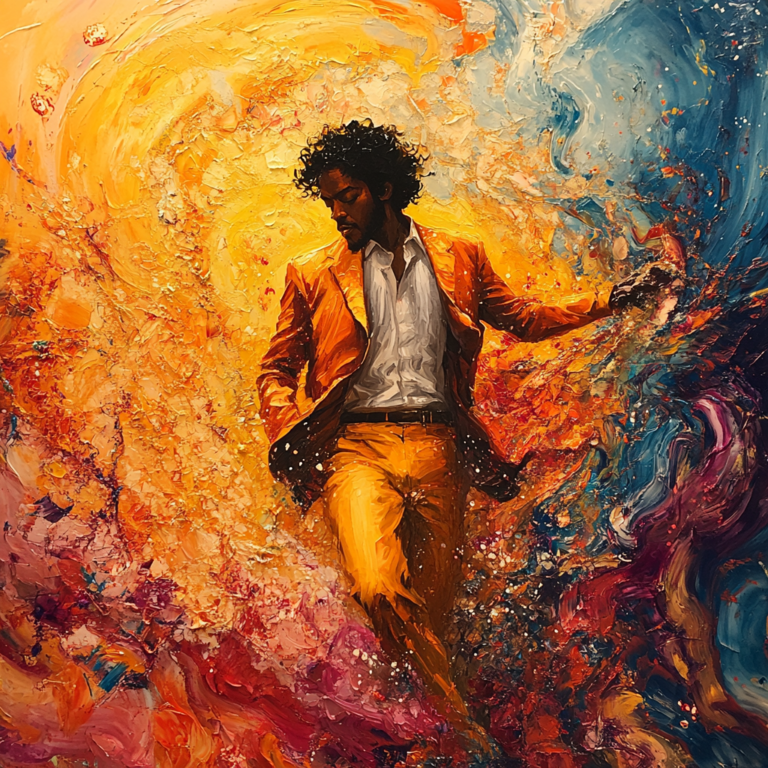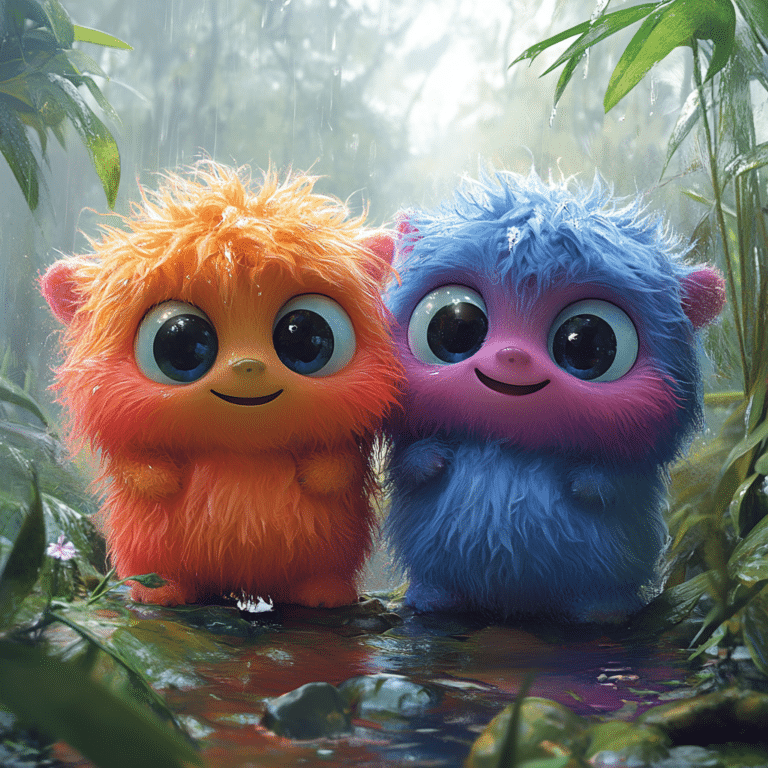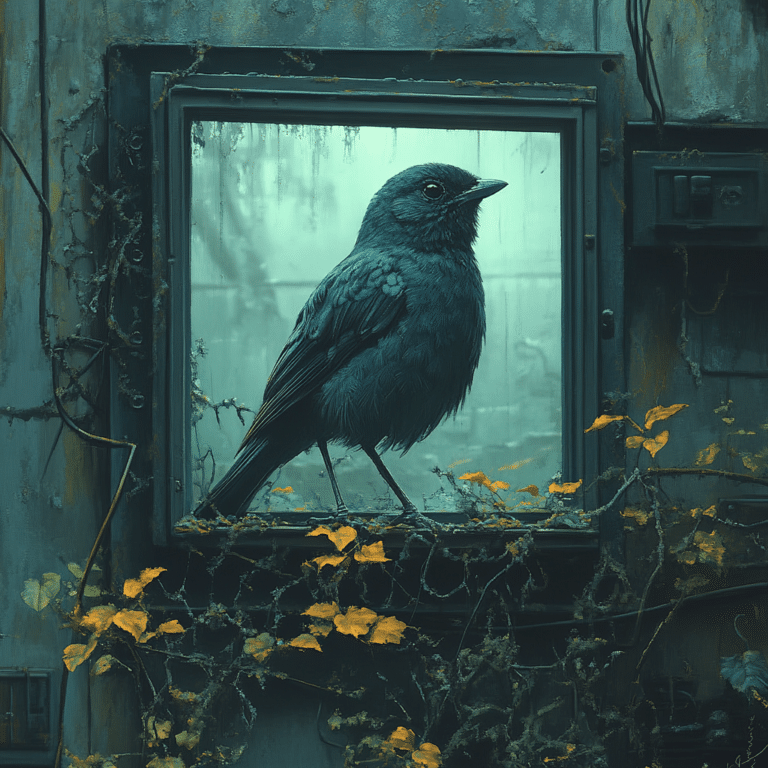Edvard Munch remains an unparalleled figure in the world of emotional expressionism, capturing the human psyche in ways that resonate deeply even a century after his influence began. Through his iconic works, such as “The Scream,” Munch painted not just the visible world but also the tumultuous emotions that lie beneath the surface. This article explores why Munch is seen as a master of emotional expressionism by examining key themes, influences, and artistic techniques that define his legacy.
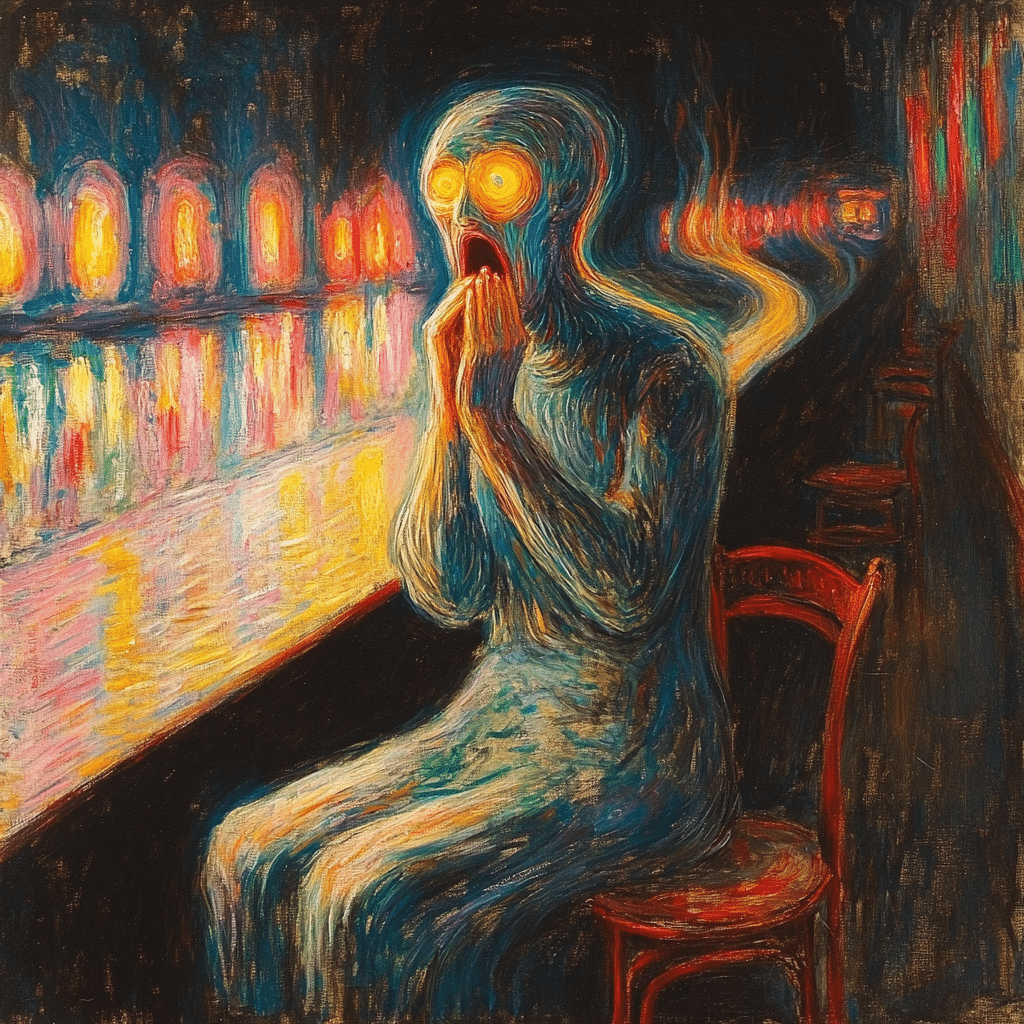
Top 5 Iconic Works of Edvard Munch That Define Emotional Expressionism
No exploration of Edvard Munch would be complete without discussing “The Scream,” arguably his most famous piece, which serves as a beacon of existential dread and anxiety. This work transcends time; it encapsulates the overwhelming feelings prevalent in the human experience. The vibrant colors depict not just a figure but the environment resonating with distress, reflecting a world in turmoil both internally and externally. It’s no surprise that “The Scream” has become an emblem of universal angst, captivating audiences in galleries worldwide.
In “Madonna,” Munch delves into themes of love, sensuality, and mortality. The halo that surrounds the subject juxtaposed with her intimate pose portrays a complex blend of beauty and despair. This painting challenges the viewer to contemplate the duality of human emotion and desire, demonstrating how Munch’s exploration of eroticism tugs at the heartstrings. The brushstrokes breathe life into the canvas, creating a sense of intimacy that feels almost invasive yet captivating.
This work illustrates the cyclical nature of life and the interconnectedness of human emotions through a series of figures engaged in dance. It mirrors the joy and sorrow threaded throughout our experiences, showcasing the highs and lows inherent to existence. The figures’ dynamic movements evoke a sensation of transcendence, compelling viewers to confront their own emotional dances with life. Munch captured the rhythm of existence, where laughter and tears often share the same stage.
Drawing from personal tragedy, Munch’s depiction of a sick child evokes deep empathy and sadness. This painting brings forth the vulnerability of human life and the pain that accompanies illness, which profoundly resonates with anyone who has experienced loss. Here, Munch’s brushstrokes speak volumes about grief and compassion, allowing viewers to feel the weight of such experiences. The raw emotion displayed allows each observer to relive their intimate connections with loved ones.
Here, Munch utilizes color and composition to evoke a sense of isolation and introspection. The juxtaposition of figures within a confined space highlights themes of psychological alienation—an issue increasingly relevant in today’s society. Through “The Green Room,” Munch explored the feeling of being trapped in one’s own thoughts, showcasing how isolation can seep into our very essence. This artwork serves as a haunting reminder of our connection—or lack thereof—with others.
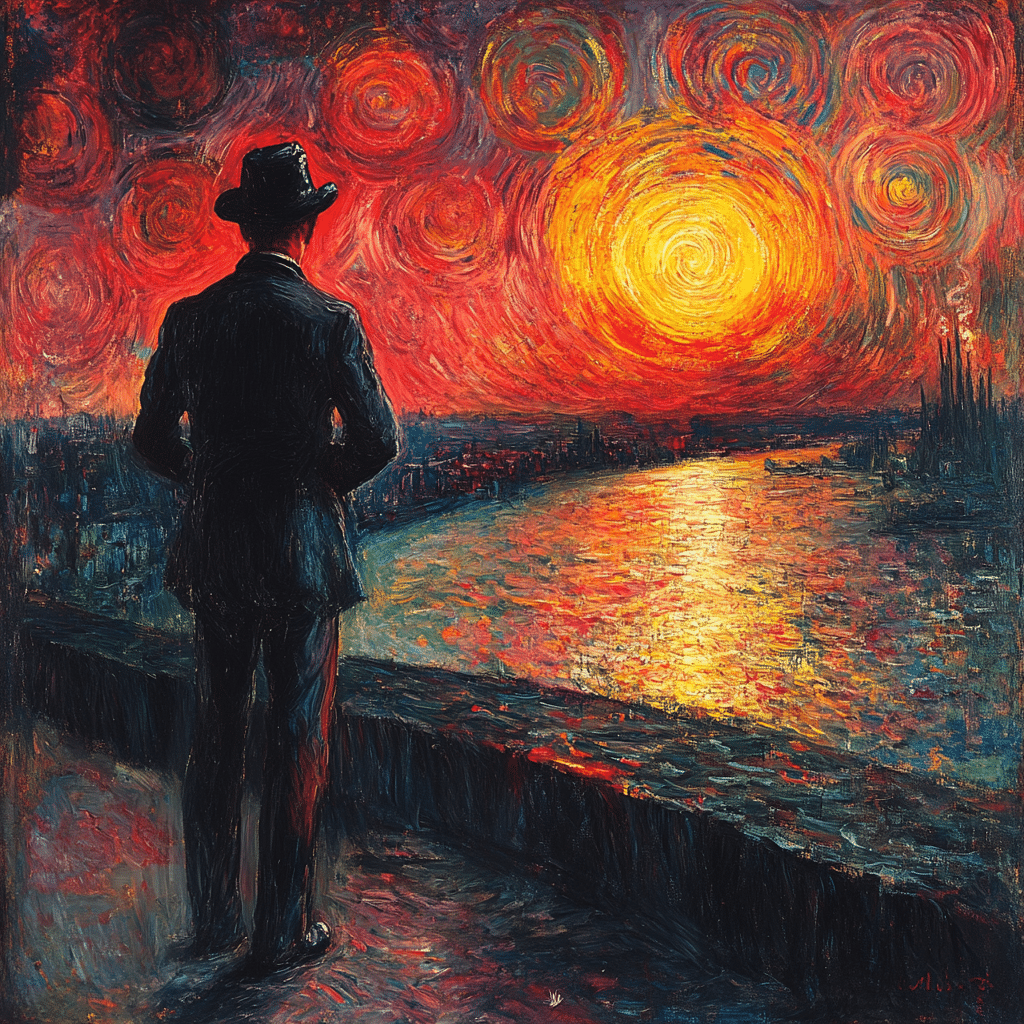
Edvard Munch and His Influence on Modern Artists
Munch’s emotional depth has influenced countless artists across various mediums. His techniques and themes can be seen echoed in the works of artists such as Robert Mapplethorpe, known for his striking photography that often delves into themes of identity, sexuality, and mortality. Mapplethorpe’s use of stark contrasts and emotive poses draws direct parallels to Munch’s exploration of raw emotion. Both artists demand the viewer confront discomfort, showcasing vulnerability that ignites discussions of humanity.
Moreover, Munch’s impact can also be seen in the haunting imagery of Hieronymus Bosch. Though centuries apart, both artists explore the darker facets of human nature—a quest to understand suffering and the chaotic aspects of existence. Bosch’s surreal landscapes and complex character interactions are imbued with emotional gravity reminiscent of Munch’s work. Their unique interpretations offer viewers a chance to explore the nuances of life’s struggles, inviting profound reflection on humanity.
Peter Oppenheimer, a contemporary artist, cites Edvard Munch as a significant influence in his exploration of psychological themes through intense emotional expression and vibrant design. Oppenheimer’s recent exhibition articulated emotions that resonate with modern audiences, revealing a lineage back to Munch’s emotional truths. This ongoing influence of Munch’s work demonstrates how art can reach across time, connecting artists and viewers through raw and honest emotion, reflecting life’s complexities.
The Lasting Legacy of Edvard Munch
The legacy of Edvard Munch lies in his fearless examination of anxiety, love, and death. His ability to articulate the complexities of human emotion places him among the greats of art history. As society continues to confront mental health issues and existential angst, Munch’s relevance only seems to grow. His works serve as a reminder of the universality of emotion, encapsulating the struggles and joys that define the human experience.
In this era of rapid change and uncertainty, Munch’s art encourages us not just to observe but to feel deeply, prompting a personal and social introspection that remains vital today. His keen insight into the human soul invites all to grapple with the turbulent waters of their own emotions, making him eternally relevant in discussions about art and the human condition. Just like the characters in his art, we find ourselves dancing through life, battling our own internal struggles while seeking connection and understanding.
As we navigate our own feelings, Munch stands as an enduring symbol of the power of expression. Just as a moped zooms through city streets or one might discover the perfect Paisano to share a meal with, we seek ways to connect with our emotions. Munch’s work, much like a powerful film streaming online, captures our attention and makes us think. Whether reflecting on a haunting painting or scheduling a date to catch the upcoming Seahawks schedule, there’s a drive to engage with what makes us feel. Indeed, Edvard Munch doesn’t just capture art; he captures us, inviting every viewer into the depths of emotional expression.
Edvard Munch: The Emotional Vanguard
The Man Behind the Brush
Did you know that Edvard Munch’s life was as colorful as his paintings? Munch was born in Norway in 1863, but while you’d think he was just another artist, he was deeply influenced by personal tragedy. His mother passed away when he was just five years old, an event that shaped his work. This early loss sparked the emotional depth seen in pieces like “The Scream.” Talk about raw feelings! The way Munch tackled subjects such as love and despair makes him feel contemporary, similar to how fans still adore characters like Bulma from Dragon Ball, who navigates her own emotional landscape.
The Evolution of Expressionism
Munch’s works pushed boundaries long before the term “expressionism” even came into play. His striking colors and bold lines paved the way for modern artists. Interestingly, he used many layers of paint to create textures that echoed the tumult of his spirit. You might say it’s akin to how a realistic dildo can mirror true human experience, combining art and humanity in unexpected ways. Furthermore, Munch’s fascination with the human psyche opened new doors for artists seeking to explore deeper emotions. This relentless pursuit of emotion continues to resonate today, even in spaces like video streaming, where creators often dive into interpersonal conflicts.
A Legacy of Passion and Struggle
Munch’s influence reached beyond the canvas; he was also a pioneer of the psychological portrait. His legacy lives on in every brushstroke, and his life serves as a reminder of the power of vulnerability in art. For those looking to explore emotional storytelling, think of Munch as a bridge to deeper exploration of human experience, much like anyone familiar with the Seahawks schedule of 2023 can attest to the emotional highs and lows of sports fandom. The authenticity in his work speaks to our collective struggle and joy, uniting us across cultures and generations.
So, the next time you admire Munch’s work, remember: it’s not just art; it’s a reflection of the human condition. Whether you’re exploring Taliesin West for its architectural beauty or browsing moped sales for a fun ride, each experience can serve as a reminder of our shared journey—always with a touch of passion, just like Munch intended.
